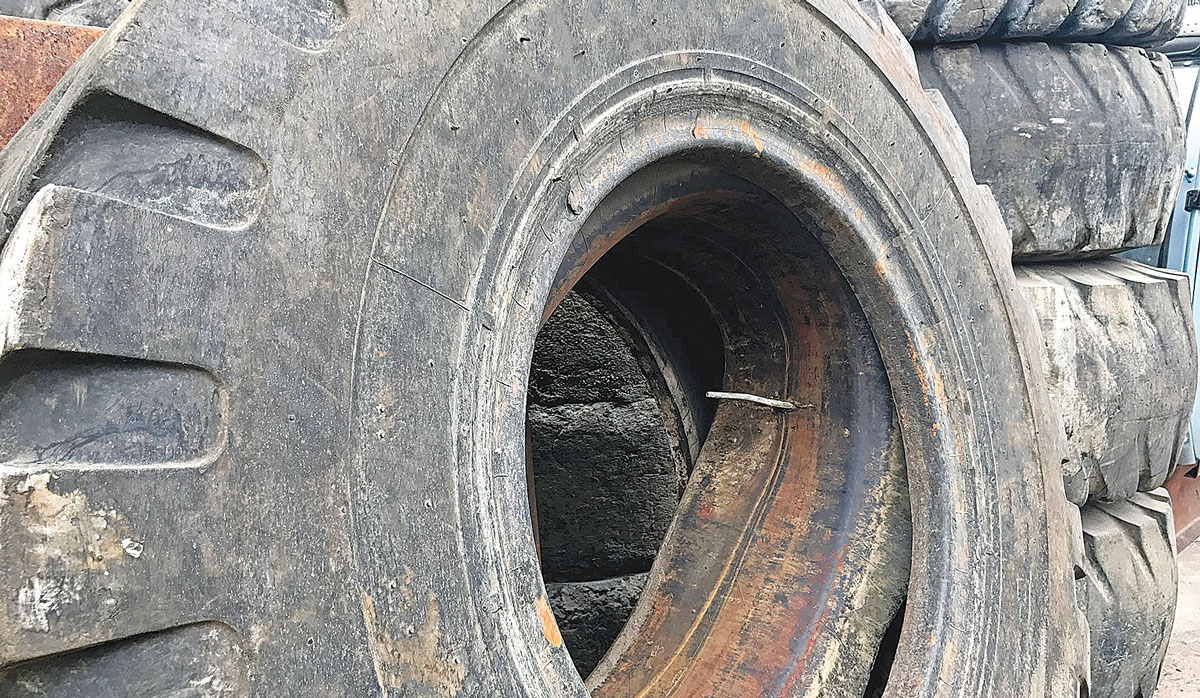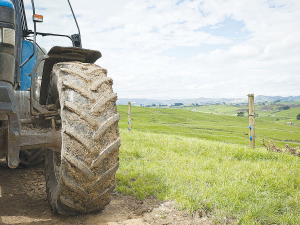The first stage of government regulations designed to reduce environmental harm from end-of-life tyres is about to take effect, realising a proposal that has been discussed for many years.
Tyrewise, the country’s regulated product stewardship scheme for tyres, will make it easier for the rural sector to safely dispose of everything from tyres on sideby- sides and utes to those found on tractors and harvesters, said Adele Rose, of Tyrewise Implementation project managers 3R Group.
The first stage of regulation commences on 1 March, where buyers will notice a tyre stewardship fee being charged when they purchase new tyres, or vehicles imported with tyres, that will be used to manage those tyres at the end of their life. It must be applied at a standard rate across the country. Dairy News understands that, based on weight, tractors will incur a charge of between $142 and around $350.
The fee payable on new tyres for their future management will apply from 1 March. Existing ad hoc disposal fees may apply on any old tyres you need disposed of up until 1 September 2024, at which time this must stop.
From 1 September 2024, Tyrewise will be responsible for arranging the free collection of endof- life tyres from registered tyre sellers, garages and public collection sites. The scheme will also ensure the tyres go to registered processors and manufacturers, so they get a second life in a new product, rather than being landfilled, stockpiled, or dumped.
 |
|---|
|
The scheme will make it easier for the rural sector to safely dispose all used tyres.
|
“The rural sector has some unique challenges when it comes to end-of- life tyres due to the often-remote locations and the size of some of the tyres replaced off large machinery,” Adele said. Tyrewise will work with rural service providers to enable back loading of the more difficult-to-collect tyres, making the process easier and more efficient, she said.
Tyrewise has set a target of 80% of tyres processed by the fourth year of operation and over 90% by the sixth year, Adele said. Currently only about 40% of end-of-life tyres in New Zealand are recycled or used in the creation of new products. An implementation team has been busy behind the scenes for many months registering tyre importers, sellers, transporters, processors, and end market manufacturers.
The scheme will initially cover all air-filled and solid tyres for use on motorised vehicles for cars, trucks, buses, motorcycles, all-terrain vehicles, tractors, forklifts, aircraft and off-road vehicles. Tyres for products like non-motorised equipment, as well as precured rubber for retreads will be brought into the scheme at a later date.



















